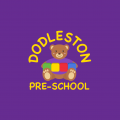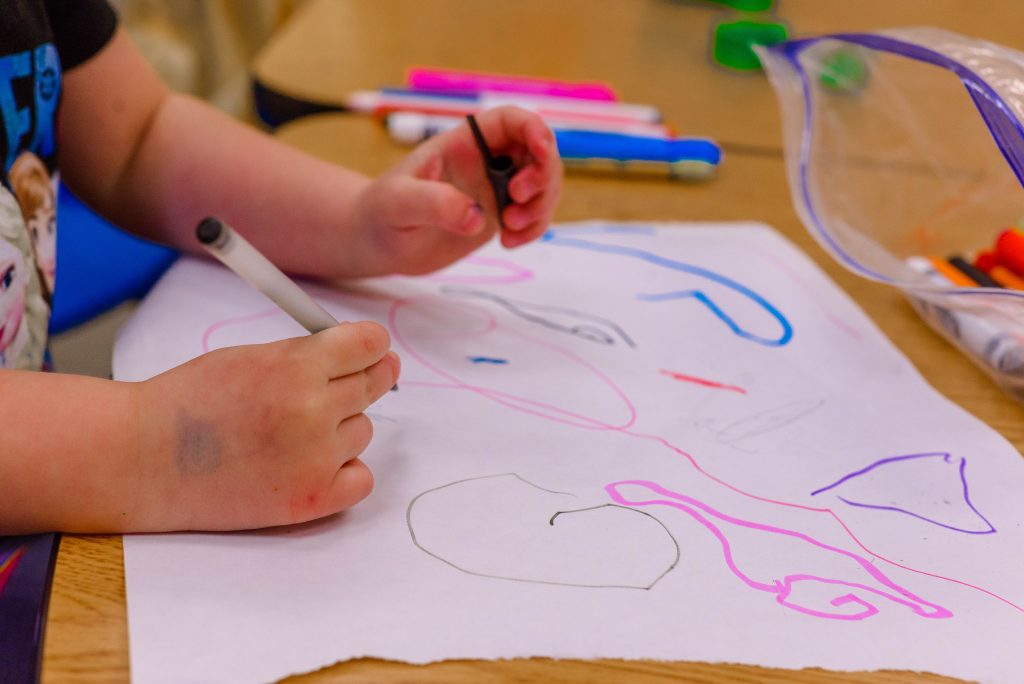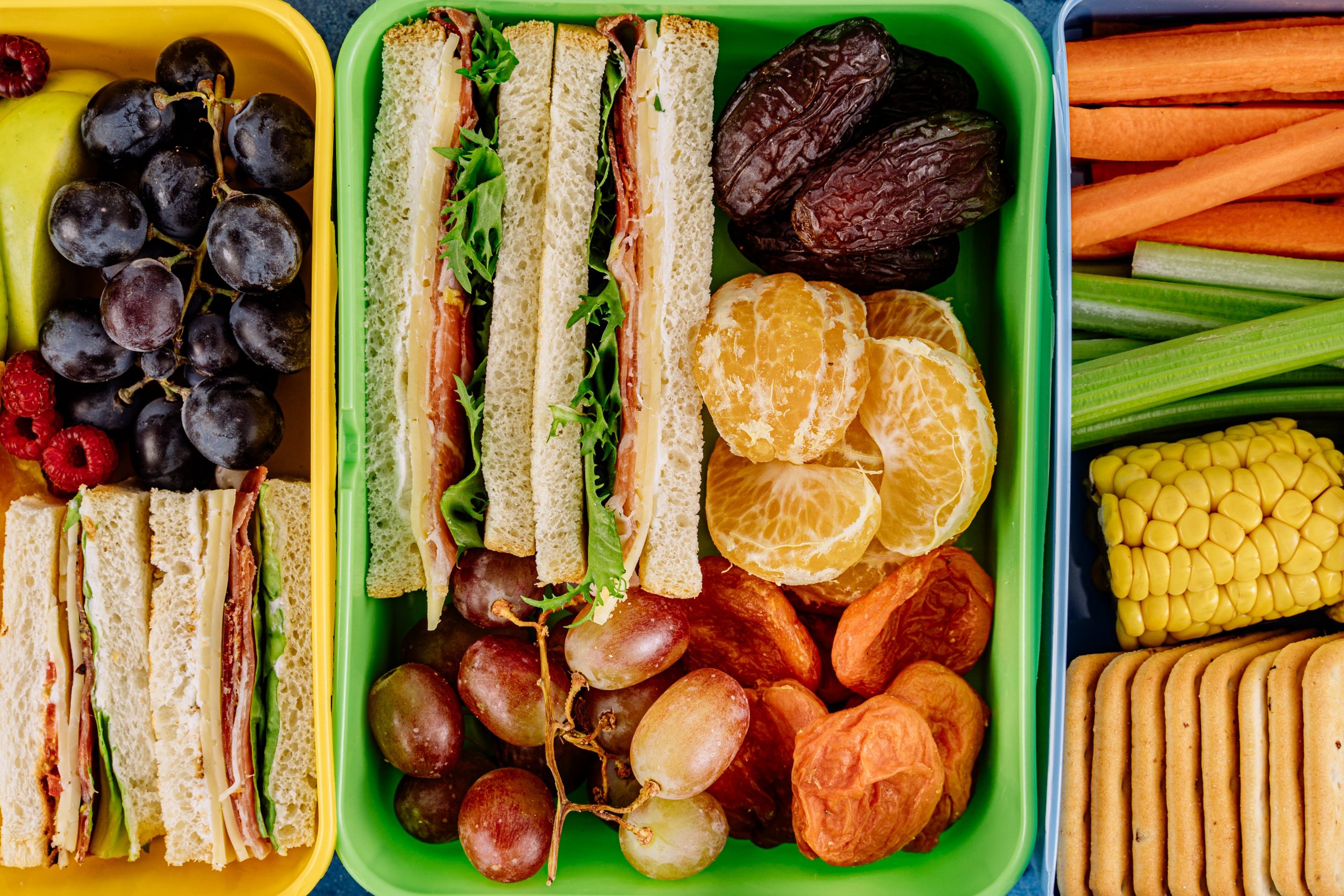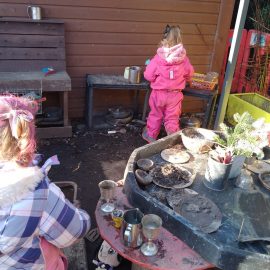We often have parents ask us what exactly is the difference between a nursery and a pre-school. That’s why we wanted to create this guide so you can see what we offer compared to what a nursery might offer. That way, you can make the decision that’s right for you and your child.
What is pre-school?
Firstly, what is a pre-school? A pre-school is an education centre that follows the Early Years Foundation Stage (EYFS) to provide an education for children aged 2 to 5. Essentially, it is a stepping stone between nursery and primary school.
Pre-school can help with a child’s transition to school by improving their social skills, encouraging learning with fun and fostering a sense of independence. The EYFS curriculum involves a few different areas of learning, all of which are covered at a pre-school. They include:
- Communication and language
- Physical development
- Personal, social and emotional development
- Literacy
- Mathematics
- Understanding the world
- Expressive arts and design
It is up to each individual pre-school how they go about teaching each of these things.
Some pre-schools can be open 8am until 6pm, whereas others might have similar opening hours to primary schools (9am until 3.15pm). They can also be run by charities and parent-led committees in community buildings, such as a church or village hall. This is how we run Dodleston Pre-School, which is why you can find us in Dodleston Village Hall, Chester. We rely on volunteers and fundraising to stay open.
Is pre-school different to nursery?
Yes, pre-school is different to a nursery. There are some small differences between nursery and pre-school, and knowing the difference could help you to decide which is right for your child.
The differences between pre-school and nursery
Age
Nurseries can take children from as young as 6 weeks old and are specifically geared up to look after such young children. Pre-schools generally take children from the age of 2 up to age 5, though some also say their minimum age is 2 and a half or 3.
Education vs. childcare
Nurseries tend to be more focused on looking after children while the parents are at work. They don’t necessarily have to follow an educational curriculum.
Pre-schools usually have to follow the EYFS curriculum, and this involves some form of basic education, including literacy and maths. While there are absolutely fun ways to learn, through exploring, playing outside, or painting, a pre-school does have to be able to show they are focused on the children’s education.
For this reason, pre-school is a great precursor to primary school. It’s there to mimic what your child will be doing and learning at school so the transition is a little easier for them.
Hours
Nurseries are generally open 8am until 6pm, perfect for working parents who require all-day childcare.
Meanwhile, pre-schools mirror the hours of primary school, generally 9am until 3.15pm. They also offer sessions, meaning the child doesn’t have to attend for a full day. They might choose a morning session (9am until 12pm) or an afternoon session (12pm until 3.15pm).
They might also run during term-time only, whereas nurseries run for almost the whole year, except a week at Christmas.
Cost
Nurseries often cost more than pre-school (though not always).
As you can see, there are only subtle differences between a nursery and a pre-school. If you’re looking for a pre-school in Chester, then contact us today on 01244 661 611 for more information or a show around.





